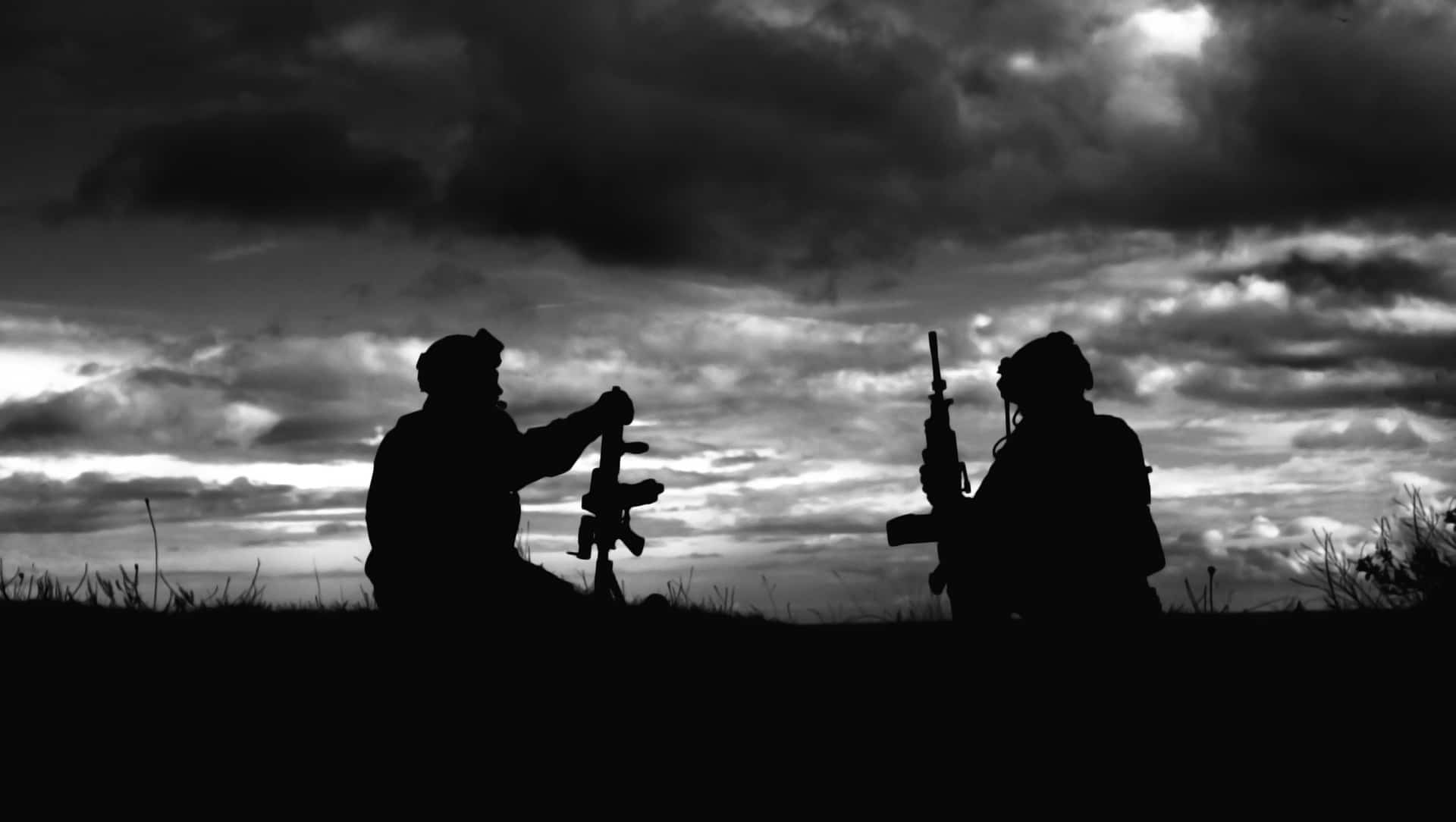Classics professor and military historian Victor Davis. Hanson has written extensively about ancient Greek and modern warfare. His uncle, who was also his namesake, fought and died in World War II, two intent on uncovering the last moments of his uncle’s life. Hanson was surprised to find several living members of the 29th Marines in the sixth Marine Division, which had taken heavy casualties at Okinawa.
Here is an excerpt from one of his many correspondences with his uncle’s former comrades.
Dear Victor, you simply must overlook the blatant familiarity reflected in this salutation. I plead only the overwhelming emotion with which I’ve been attempting to cope for the last 40 hours since the arrival of your startling letter. Thank you for enabling me to reconstruct a few memories relating to the fraternity which your uncle and I shared. As I was reflecting in a recent letter to the widow of another one of my reading corps buddies, Vic Hanson and I had spent only one short year together.
But by some strange alchemy that blink of an eye in my 82 years of life holds an inordinate importance. On May 10th, 1945, was the date of your uncle’s death. Late in the afternoon on that fateful day, the 29 second Battalion DNF companies was committed into a chopped up piece of terra firma, barely larger than a football field known as Crescent Ridge, just south of the infamous Sugarloaf Hill.
While I was not near enough to have been an eye witness, the news came down the line that Victor Hanson had cut an enemy machine gun, burst in his right thigh, and before Corson could reach him to administer aid, he bled to death. The report was quickly confirmed that, by reason of shock of so massive a wound, Vic did not endure prolonged suffering, but he died virtually instantly.
The more I learned about these men, the last handful of members of the sixth Marine Division had fought and died on Okinawa. The more was amazed as they answered a series of questions over the phone. Do you regret doing what you did? No. Do you hate the Japanese today? No. Do you think there could have been any other solution?
No. Do you blame your commanding officers for putting you in harm’s way? No. No sense of regret. No sense of anger. No sense of racial animosity. Among these many conversations, I had, one veteran said, would you finally like the ring of Victor Hanson? What ring? His ring, he answered. I don’t know of any ring. Everybody who knew Victor Hanson and our small family in the San Joaquin Valley of California, they were Swedish immigrants.
They’re all dead. Would I like his ring? Yes, I’d like his ring. I answered. Three weeks later, the ring arrived in the mail, 58 years after the death of Victor Hanson, 58 years after it was cut off his corpse and brought down sugar Loaf Hill. Where had it been? The people involved had called Mr. Hanson, and they said that the old Swede did not want to come to the phone, did not want to talk about the death of his son, Victor Hanson.
And so they kept it, kept it for 58 years until this moment this year. And I have it today wrapped around my neck as I speak. A ring that’s been repaired and keeps me cognizant of the sacrifice that Victor Hanson made, but more importantly, cognizant of the idea of the type of people who fought. I don’t know if we’re going to have men like this again, because they are the expressions of a democratic state at war.
We don’t like to go to war. And consensual societies were slow to wrath. But when we do go to war, out of the shadows come men like Twiga and Shearer and hitman and Cinco that do not like war. But they make war like no other people when they’re asked to wage it on behalf of liberty and freedom.
Tags: Memoir